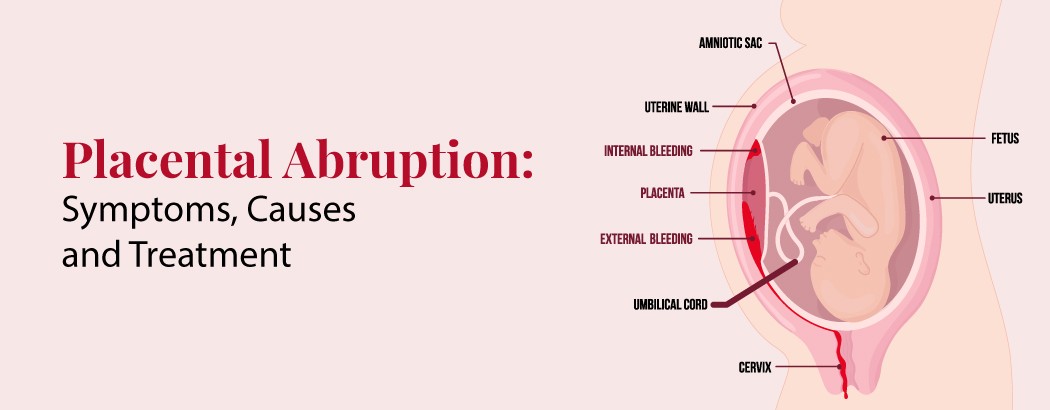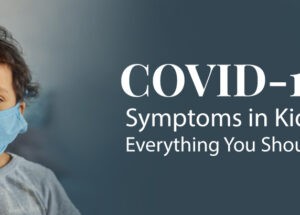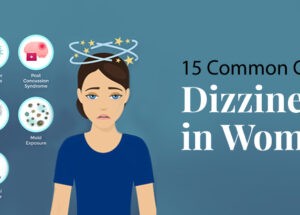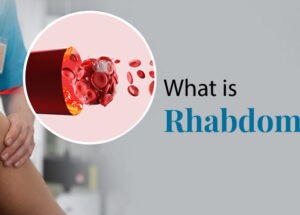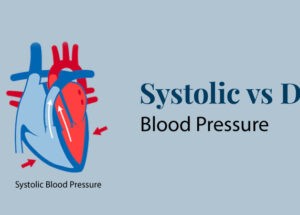Lifestyle changes to recover from Chronic Obstructive Pulmonary Disease
November 18, 2021

Chronic Obstructive Pulmonary Disease (COPD) is an umbrella term used for a manifold of chronic lung diseases. It refers to a group of diseases that cause airflow blockage and breathing-related problems. COPD makes breathing difficult and many across the globe suffer from this pulmonary disease.
Types of COPD
The most common of these diseases are emphysema and chronic bronchitis. Many people with COPD have both of these conditions.
- Emphysema
- Chronic bronchitis
Emphysema is a pulmonary condition that involves damage to the walls of the air sacs (alveoli) of the lung. Alveoli are small, thin-walled, very fragile air sacs located in clusters at the end of the bronchial tubes deep inside the lungs. Emphysema slowly destroys air sacs in the lungs, which interferes with outward airflow.
If a person has coughing, shortness of breath, and mucus that lingers at least 3 months for 2 years in a row, there are chances for that person to have chronic bronchitis. Hair-like fibres called cilia line the bronchial tubes and help move mucus out. When he/she has chronic bronchitis, they might lose their cilia. This makes it harder to get rid of mucus, which makes that person cough more, which creates more mucus.
Risk factors of COPD
Smoking is the biggest risk factor for chronic obstructive pulmonary disease (COPD), which includes chronic bronchitis and emphysema. It increases the risk of both developing and dying from COPD.
Other risk factors for COPD include:
- Exposure to air pollution
- Breathing secondhand smoke (passive smoking)
- Working with chemicals, dust and fumes
- A genetic condition called Alpha-1 deficiency
- A history of childhood respiratory infection
Symptoms
COPD symptoms often don’t appear until preponderant lung damage has occurred, and they usually get worse over time, particularly if smoking exposure continues.
Signs and symptoms of COPD may include:
- Shortness of breath, especially during physical activities
- Wheezing
- Chest tightness
- A chronic cough that may produce mucus (sputum) that may be clear, white, yellow or greenish
- Frequent respiratory infections
- Lack of energy
- Unintended weight loss (in later stages)
- Swelling in ankles, feet or legs
Recovery from COPD
Although there is no cure for Chronic Obstructive Pulmonary Disorder, a person living with it can control it with the right kind of food, exercise, and plenty of sleep.
Exercise for COPD
If a person has COPD, it might be harder for them to eat well and exercise as their energy level would be limited and lowered, making it harder to be active physically. But exercise and good nutrition can help live better with COPD.
How exercise helps a person with COPD?
- Exercise can Improve how well the body uses oxygen. That’s important because people with COPD use more energy to breathe than other people do.
- Eases the symptoms and improve breathing
- Strengthens the heart, lowers the blood pressure
- Improves energy, making it possible to stay more active
- Improves the sleep
- Helps maintain a healthy weight
- Enhances the mental and emotional outlook
- Reduces social isolation, if that person exercises with others
- Strengthens the bones
Healthy nutrition diet and COPD
Consuming a healthy diet can make significant progress in the life of a person who’s recovering from or living with COPD.
Eating habits that should be inculcated:
- Diet should be low in saturated fat. It should also be rich in fruits, vegetables, and whole-grain foods.
- It may be hard to eat because people tend to feel full. They can try eating several smaller meals during the day instead of a few large meals.
- Slowing down the eating pace will make it easier to breathe.


